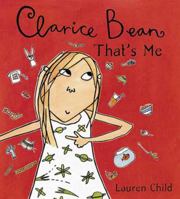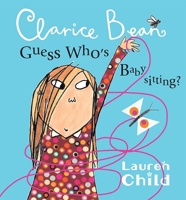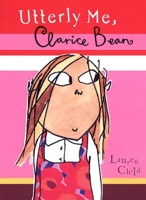Introductory Statistics With Systat
Select Format
Select Condition 
Book Overview
Customer Reviews
Rated 5 starsGreat book for both dog lovers and those who love a good ghost story!!
I picked this book up in a local book shop and could not put it down! I got goosebumps after reading each story...but not the creepy kind. This is a heartwarming book especially for animal lovers. It goes to show that the power of our pets is something that goes beyond death. I would highly recommend this well-written and beautiful book.
0Report
Rated 5 starsHoly Howling Hounds!
If you love dogs, and good, rousing ghost stories, then you need to read this book. I read it in two nights, it was very hard to put the book down. These are not all tales of the "dawn of the dog-dead" variety; there are stories of dogs' loyalties to their former guardians; tales about canines who continue to protect their humans from the "other side"; and also tales that I am sure we have all heard in one form or other:...
0Report
Rated 5 starsAward Winner for Book Design
This book has received an Award of Merit from the 2001 Southern Books Competition. "Ghost Dogs of the South presents itself to us through an evocative hand-colored photograph of a boy and his dog in times of old. And it just gets better. Wonderful photographs in interesting faded-edge shapes change from chapter to chapter. The book is hand-sized, almost a prayer-book testimonial to the dogs in our lives. The designer has created...
0Report
Rated 5 starsA truly touching collection of ghost dog folk tales
This is such a wonderful book; it is just precious (a word I rarely use). Ghost lovers, dog lovers, folktale lovers--this is your book. The stories are wonderfully tongue-in-cheek, folksy tales that capture much of the oral traditions from whence they assuredly came. This is in no way, I should say, a parapsychological study of ghosts; in a couple of stories, a ghost is only briefly mentioned. This is all about the story...
0Report
Rated 4 starsFun Reading
A collection of stories that are generally more interesting and strange than chilling, but always entertaining. A fe minor complaints: Some of the stories seem so crafted that they do not seem to be from oral or storytelling tradition -- they have been given a definite narrative and don't feel as "folksy" as some ghost tales. Also, I'd love to have a little more information about the location of the tales; only the city/town...
0Report
































